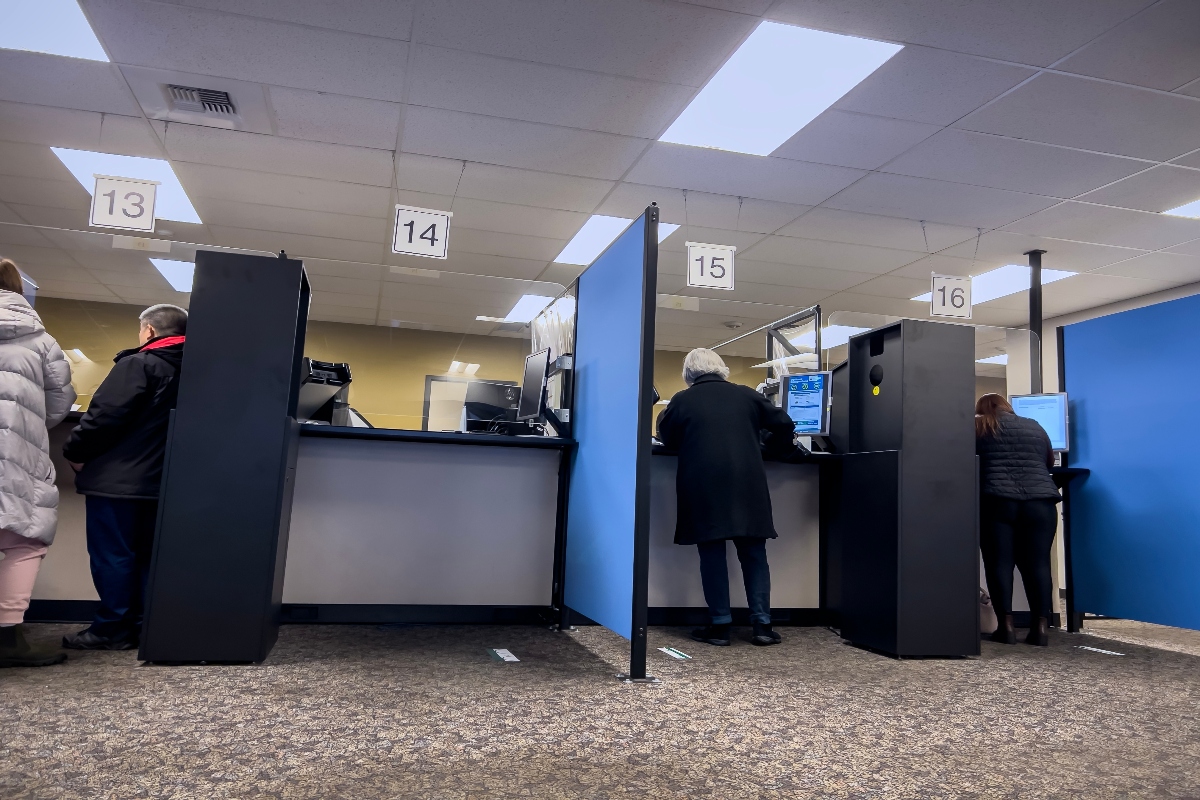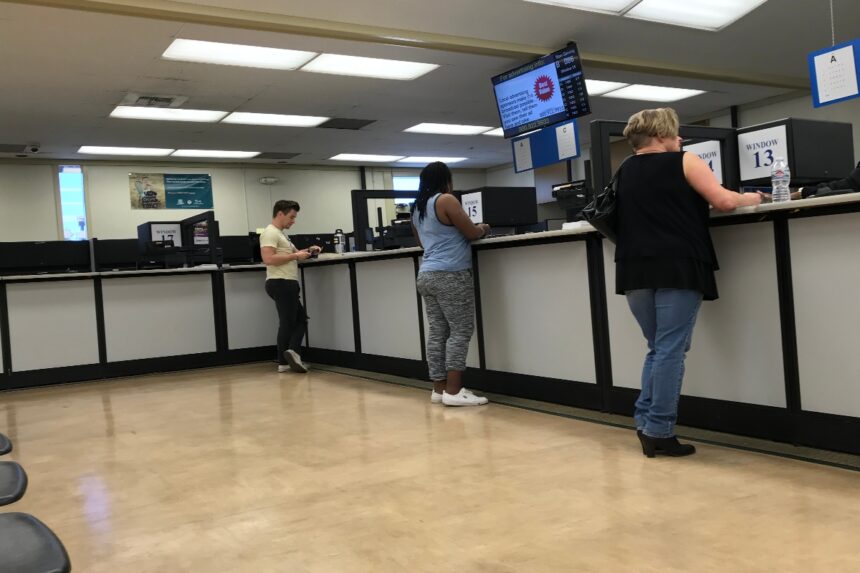“I was denied a license because I didn’t have papers. Now I’m afraid every time I drive to work.” So tells Karla Mendez, a Salvadoran mother living in Georgia. And she is not alone. Tens of thousands of undocumented immigrants in the United States face this same dilemma every year.
Driving without a license can result in fines, arrests, deportations. But being undocumented doesn’t mean you’re out of options. In 2025, more than 20 states will allow undocumented immigrants to apply for driver’s licenses, according to the National Conference of State Legislatures(NCSL). The key is to know your rights, your state’s laws and the legal routes available.
Where can you get a license without papers?

In the U.S., the issuance of licenses is a state responsibility.
Currently, 21 states plus Washington D.C. allow immigrants without legal status to obtain a driver’s license or permit, including:
California
Illinois
New York
Nevada
Colorado
New Jersey
New Mexico
Oregon
Maryland
Utah
Each state has its own requirements, but in general, they ask for proof of local residency, foreign identity document (such as passport or matricula consular) and proof of address.
What to do in this case?

If you live in Texas, Georgia, Florida or North Carolina, your application is likely to be denied if you do not have a Social Security number or legal status.
In that case, experts recommend:
Avoid driving if it is not essential. Although it may seem extreme, every unlicensed trip represents a risk.
Consultation with specialized lawyers. Some people qualify for protections such as DACA, TPS or humanitarian visas that could facilitate temporary immigration status.
Stay informed about legislative changes. States such as Minnesota and Massachusetts recently passed pro-licensing laws thanks to community pressure.
Driving without a license can result in fines, arrests, deportations
QueOnnda.com
What if you are arrested?

Immigration attorney Cecilia Wang explained to Univision Noticias:
“Not driving with a license may be the first step toward deportation proceedings, but it doesn’t mean you’re doomed.”
If you face ICE for this reason:
Exercise your right to remain silent.
Do not sign documents without legal advice.
Ask to speak to a lawyer.
There are help lines such as RAICES or United We Dream, which offer free or low-cost legal support.
Community organizations have made historic gains by lobbying state legislators.
You too can be part of the change.
Be informed, share, participate. As the saying goes, “papers or not, we all deserve respect”.
For more information, visit QueOnnda.com.























